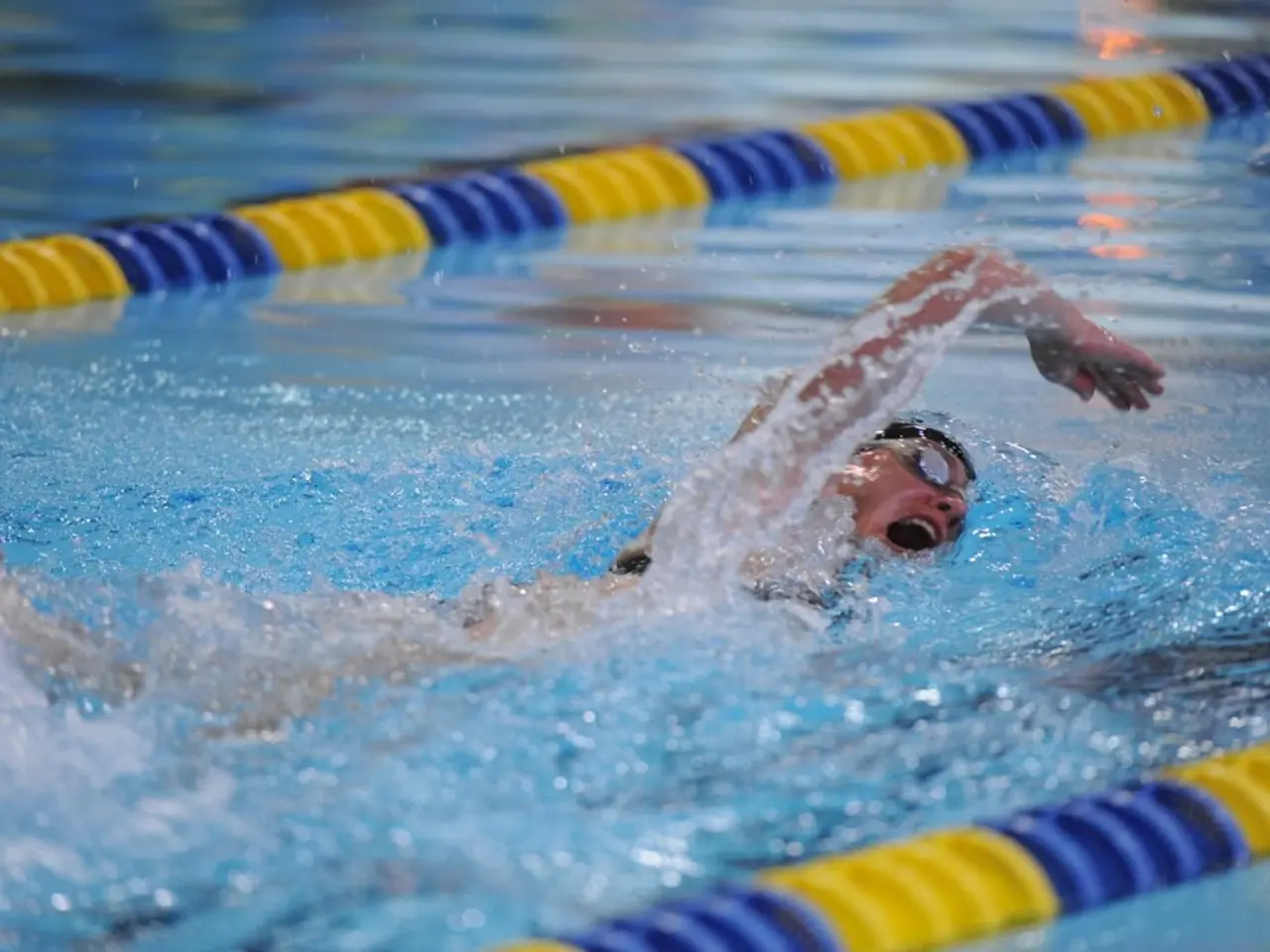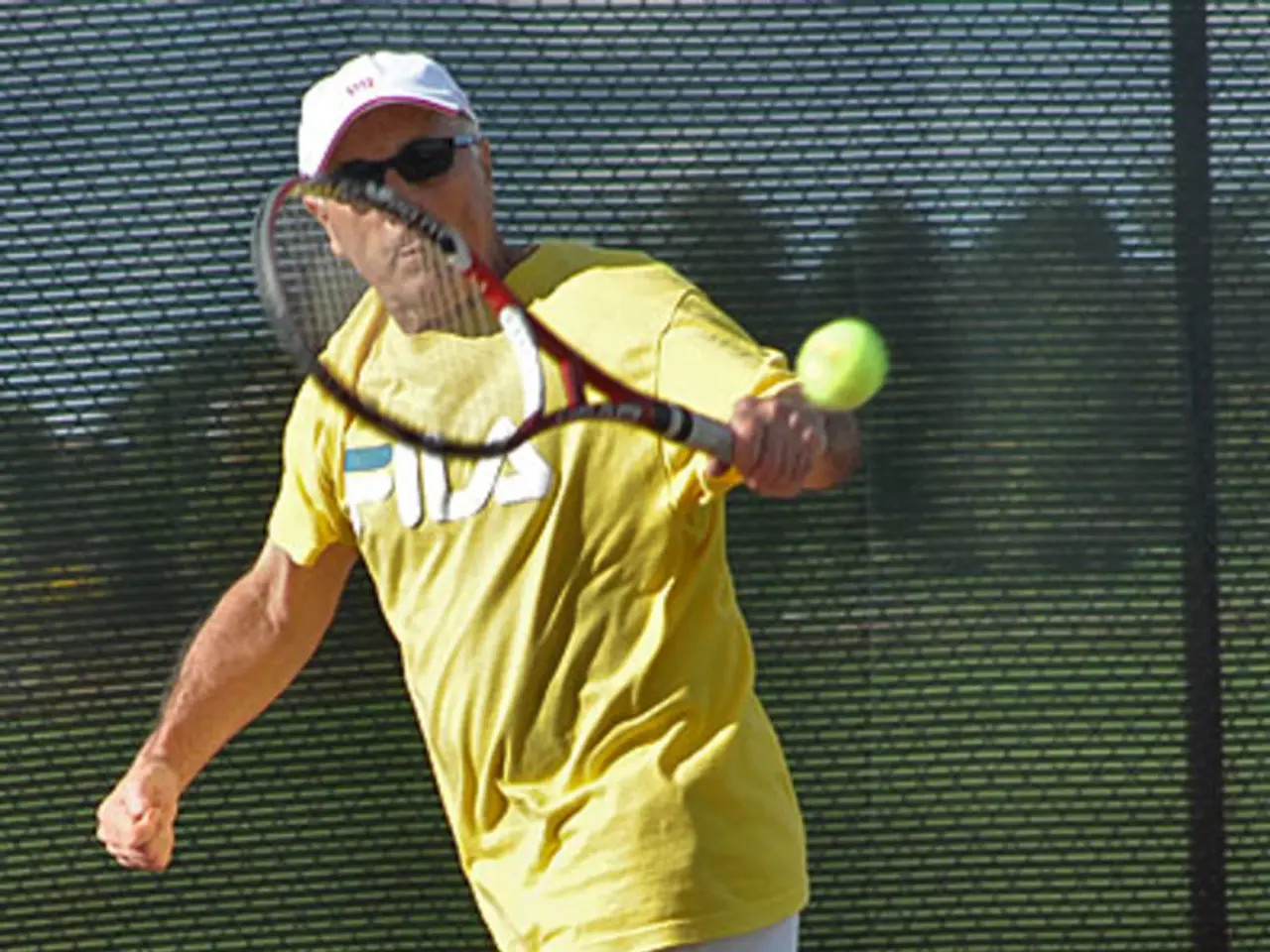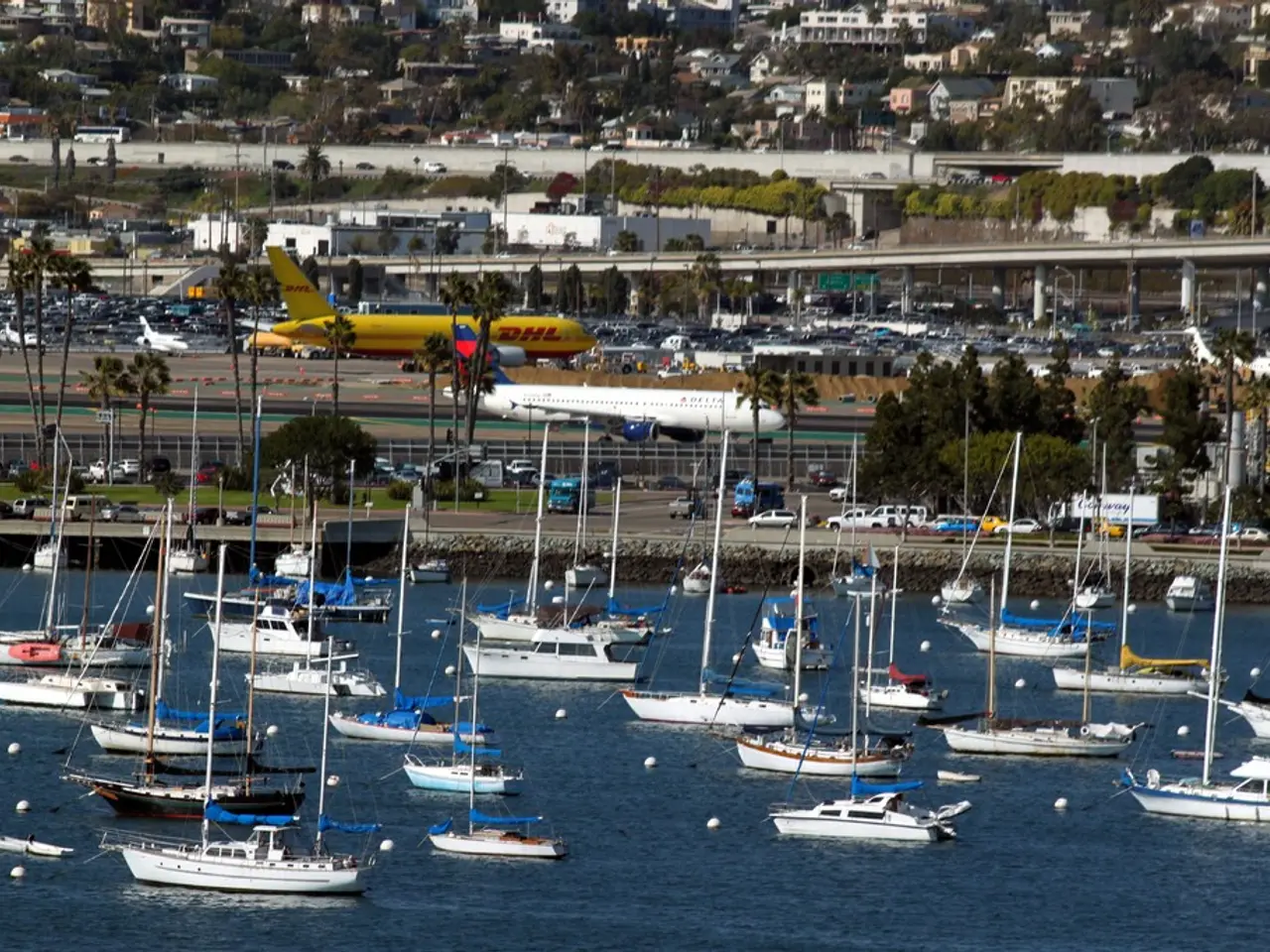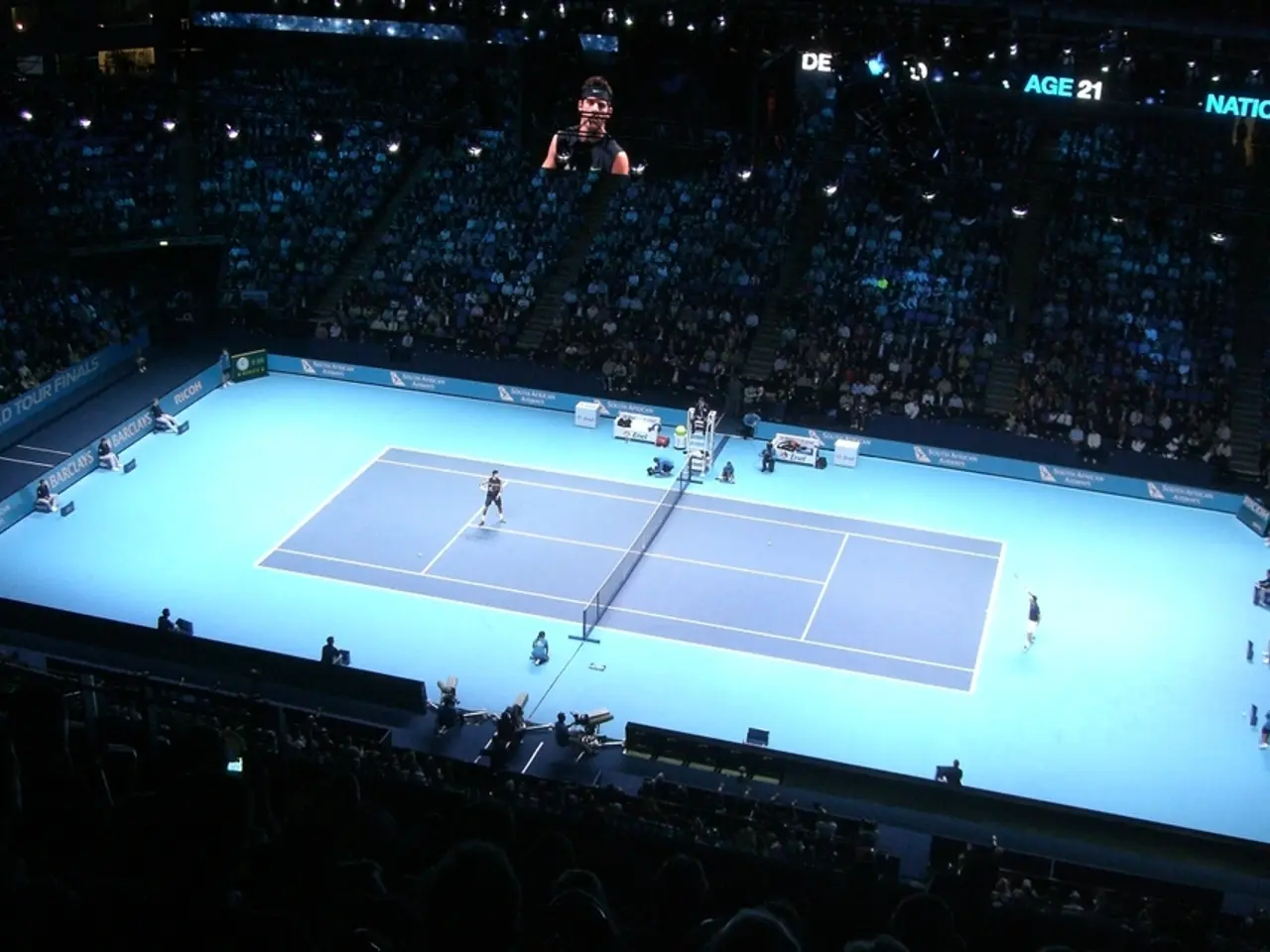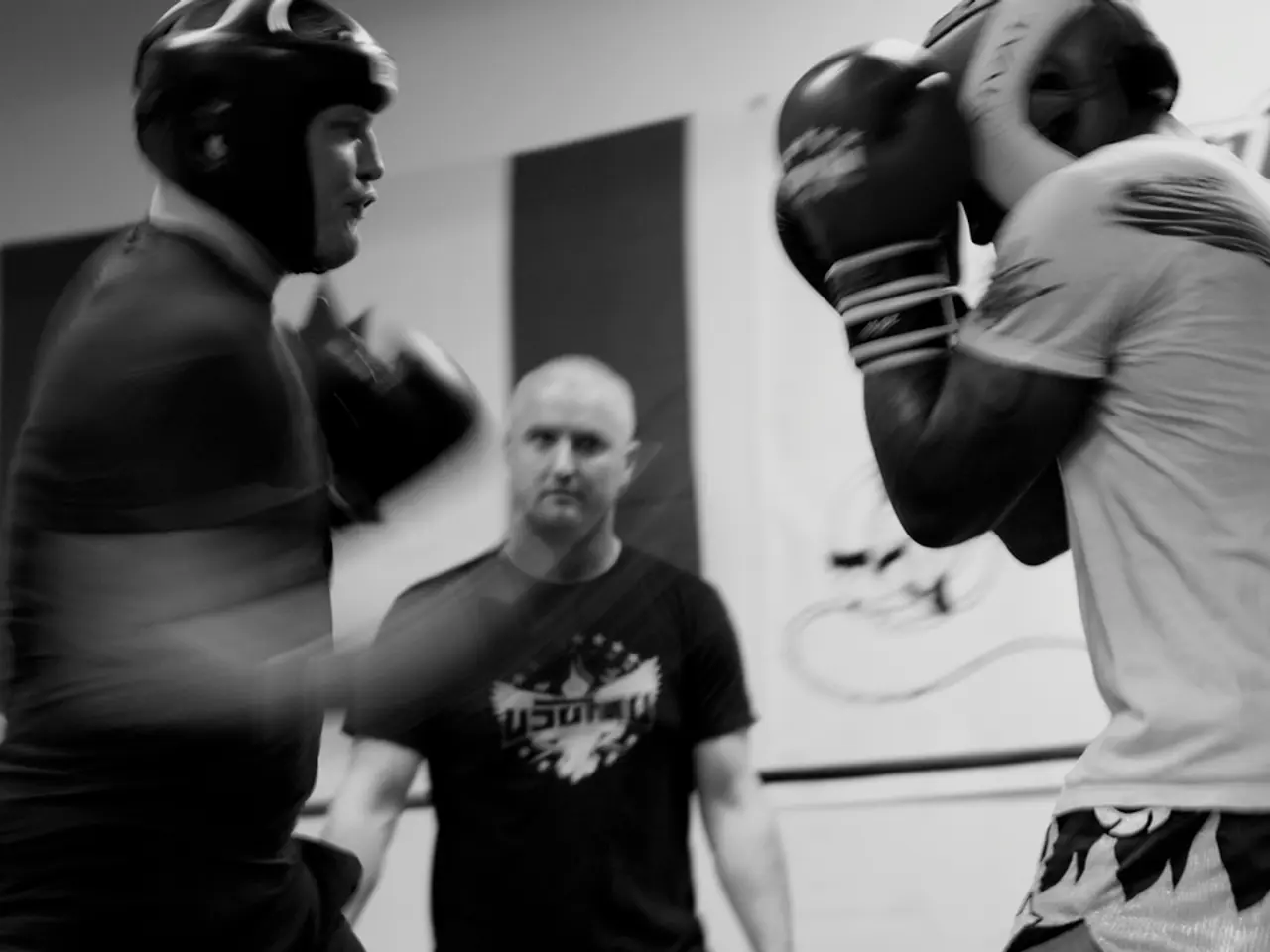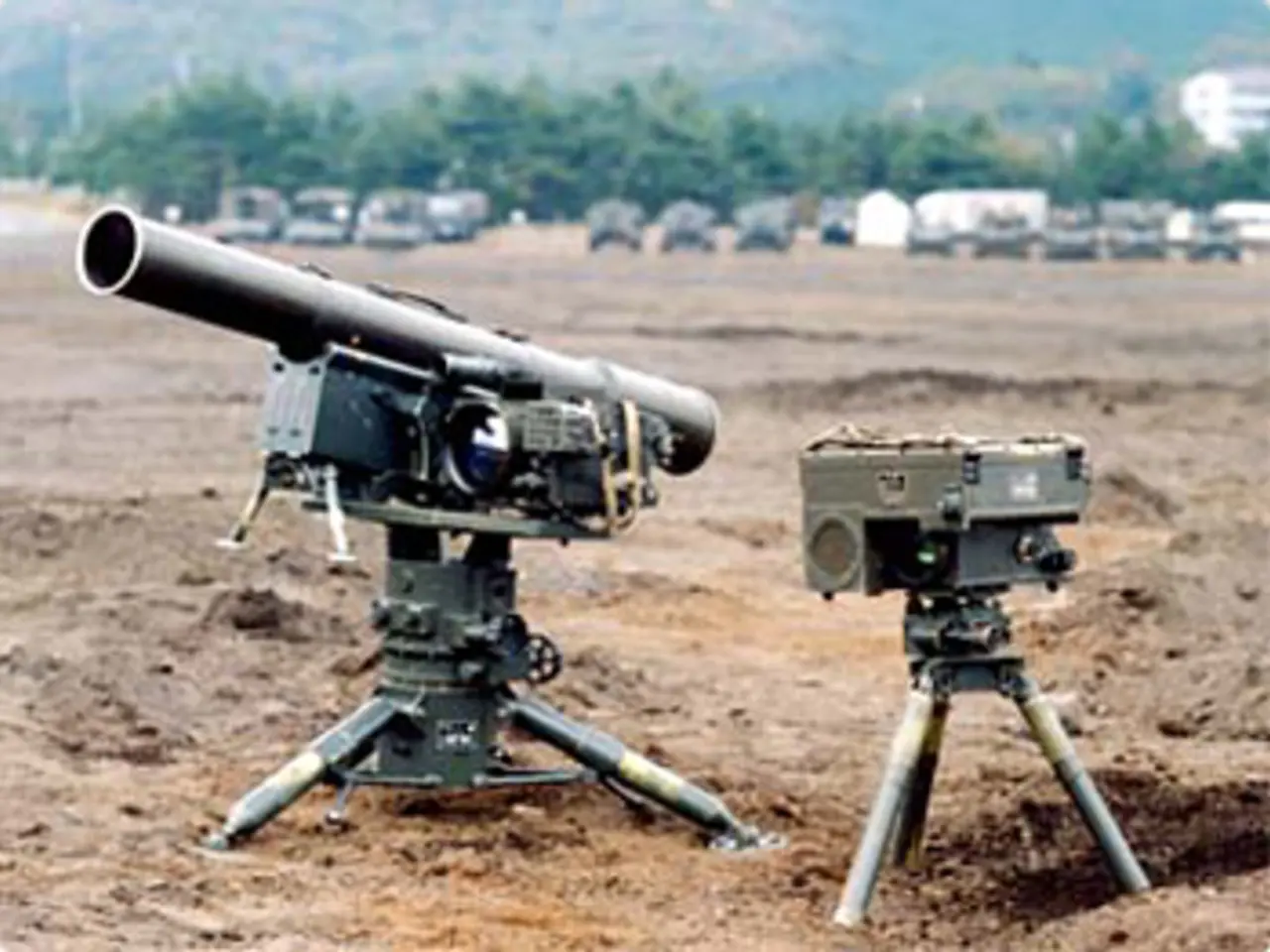Highest Number of Chinese Swimmers Undergo Doping Tests Prior to World Aquatics Championships
The Singapore World Aquatics Championships, scheduled for July 11 to 22, is witnessing an unprecedented level of anti-doping tests for Chinese swimmers. This heightened scrutiny is a result of several factors, including risk assessments by the International Testing Agency (ITA) and past doping controversies[1][3].
The ITA's risk assessments identified Chinese swimmers as presenting a higher risk, necessitating more frequent testing[1][3]. Additionally, past doping scandals involving Chinese athletes have led to increased scrutiny and a commitment by World Aquatics to ensure fair competition through rigorous testing[2][3].
Notably, Chinese swimmers are undergoing more anti-doping tests than swimmers from any other country this year. During the Singapore event, each Chinese swimmer is being tested an average of 8.8 times[1][4]. Compared to swimmers from the US, who are being tested an average of 4.1 times, and swimmers from Britain, who are being tested an average of 2.2 times[1], the difference is significant.
The Aquatics Integrity Unit conducted a total of 4,018 anti-doping tests for the Singapore event[1]. Notable swimmers, such as 200 meter breaststroke world record holder Qin Haiyang and China's male freestyle sprinter Wang Haoyu, have undergone multiple tests during the competition[3].
It is important to note that the World Anti-Doping Agency (WADA) has accepted findings from a Chinese investigation that the positive results were due to contamination from a hotel kitchen[2]. Despite this, the increased testing remains a crucial measure to maintain the integrity of aquatic sports.
In response to a request for comment, the China Swimming Association did not respond[3]. However, World Aquatics reiterates its commitment to fair competition and the highest standards of integrity in aquatic sport[1].
This increased testing is part of a broader effort by World Aquatics to maintain the integrity of aquatic sports, similar to the measures applied to other nations like Russia, whose athletes are also being tested extensively[1][4]. The report highlights World Aquatics' commitment to fair competition and the highest standards of integrity in aquatic sport.
[1] - https://www.insidethegames.biz/articles/1116723/world-aquatics-championships-2022-china-swimmers-undergo-more-doping-tests-than-any-other-nation [2] - https://www.insidethegames.biz/articles/1116879/world-aquatics-championships-2022-wada-findings-on-chinese-swimmers-confirmed-by-investigation [3] - https://www.insidethegames.biz/articles/1116972/world-aquatics-championships-2022-china-swimming-team-undergoes-more-tests-than-any-other-nation [4] - https://www.insidethegames.biz/articles/1116973/world-aquatics-championships-2022-china-swimmers-undergo-more-tests-than-any-other-nation
Chinese swimmers are subjected to more anti-doping tests than any other nation during the Singapore World Aquatics Championships due to increased scrutiny and higher risk assessments by the International Testing Agency (ITA) [1]. World Aquatics is committed to ensuring fair competition in all aquatic sports, maintaining the same rigorous testing standards applied to countries like Russia [1].
